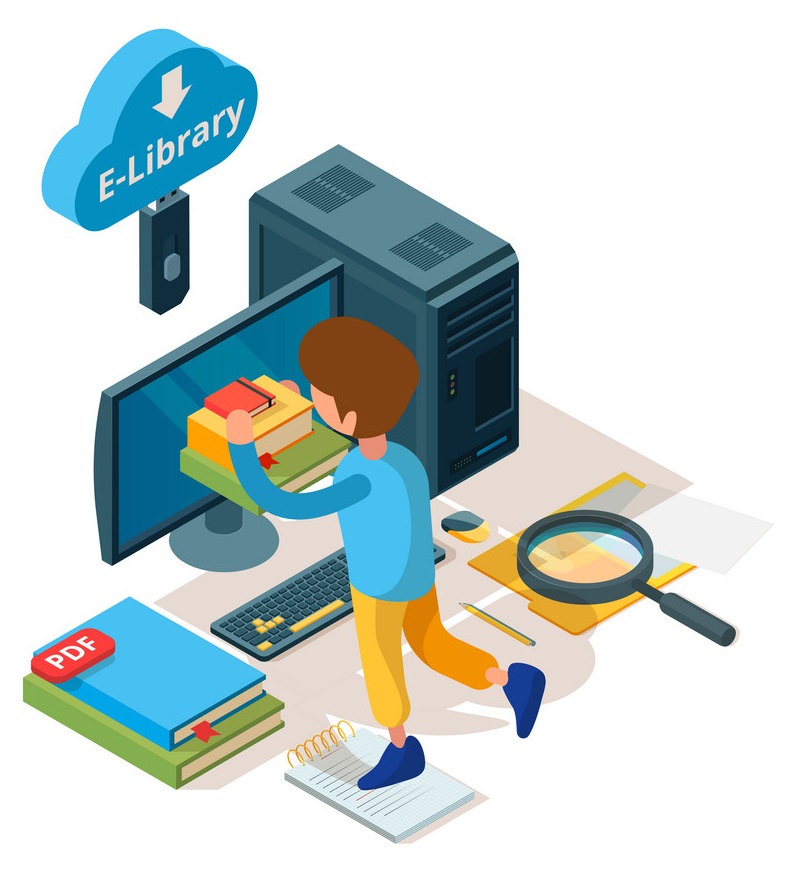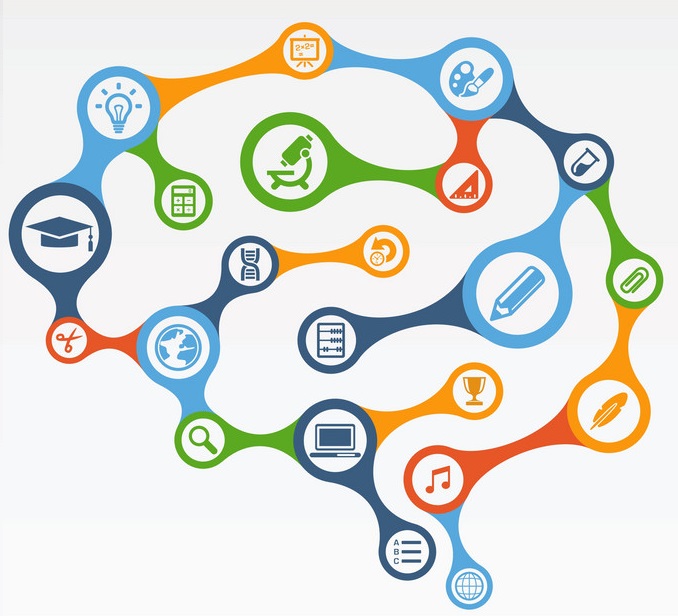Applications of AI and Machine Learning in Education
Technology is changing every aspect of our lives, including education. AI-based educational technologies, apps, and platforms are dominating the education world. Machine learning has become mainstream in education. These technologies are becoming more mainstream. Their applications are evident in the form of interactive textbooks and assessment solutions. With proper applications, educational technologies can enhance learning. One example can be the use of AI-powered language translation. Such developments enable students with diverse backgrounds to take part in lectures.
Digitalization in Education
The use of educational technology is essential for the digitization of education for three reasons.
- Because technology is dominating the world, the jobs of the future will be linked to it. People can be job-ready by developing their digital skills. The next generation is a part of this technological revolution. It becomes crucial for them to remain relevant to their educational context.
- Technology democratizes access to content. It becomes the need of the hour to break down barriers like teacher shortages, high costs, or location. In other words, it enables learning anywhere and anytime.
- Technology encourages personalized and active learning. It facilitates learning outside formal contexts. You also get the opportunity to develop the skills and abilities suited for future jobs.
You may like – Future of Artificial Intelligence: Top Industries It Will Affect
Best-suited Artificial Intelligence courses for you
Learn Artificial Intelligence with these high-rated online courses
Applications of Artificial Intelligence & Machine Learning in the Education Industry
Interactive Learning Methods
I won’t say that the days of learning by reading books and writing articles and texts for the class are ending. But it seems to be an obsolete learning medium. Remember the last time you read something from a book, and you needed anything, you searched it on search engines? Interactive learning methods are taking over the older learning methodologies. Some of these popular interactive methods of learning are –
- Educational apps
- Video tutorials
- Flashcards
- Smart guides
- TEDX Talks
- Regular assessment quizzes
The new education age follows more like an “interactive learning” process. The idea behind interactive learning is to foster a highly engaging learning environment. Such environments promote purposeful student engagement with instructors or peers. Students are encouraged to brainstorm new ideas, understand the concepts better, and learn more.
Customized Learning
Customization has now become the key to business success these days. The education industry is leveraging machine learning applications to provide students with personalized solutions. These solutions analyze the user data and tailor solutions as per their needs. Some of these solutions include -
- New course recommendations basis the student’s interest and background
- Modified curriculum
- Learning pace adjustments
- Focused content to help students overcome their areas of weakness
- Access to virtual assistants of their choice
- Educational plans basis the student’s needs and budget
Also Read – Top Real-World Artificial Intelligence Applications
Predictive Methods
Predictive Analytics plays an important role in analyzing students’ performance. By analyzing the available student data, educators can effectively track every student’s behaviour. It helps educators to devise strategies to improve the performance of students. Some of the common ML methods used in predictive analytics are –
- Linear Regression
- Logistic Regression
- Classification
- Decision Trees
- Random Forest
- Support Vector Machine
- Graphical Models
Must Read – Statistical Methods Every Data Scientist Should Know
Assessment Evaluations
Developments in digital technology are allowing educators to develop new models of learning. Machine learning can automate grading assignments, tests, and student assessments. This would reduce the workload of teachers. They can provide personalized attention to a bigger student population, thereby improving learning.
Online environments will foster personalized content and innovative learning approaches. But today’s students not only need to access digital content, they also need to be able to create it. There is an increasing need for teachers to –
- Enable students to use digital media in their assignments
- Helping them show their skills
- Express their understanding through data visualization and dynamic storytelling.
- Develop new ways to assess media-rich academic tasks
- Explore new and best technologies to create academic tasks
Use Cases
Let us talk about some interesting use cases of machine learning in Education –
-
Smart Attendance by AIndraLabs
The idea behind Smart Attendance is to stop manual attendance and cut instances of proxies and manual errors. Smart Attendance uses computer vision and machine learning algorithms. It captures the live attendance of students and uploads it to the cloud. The system then verifies the presence or absence of students.
-
Gradescope
Gradescope is an online grading platform for written exams and homework assignments. The platform aids teachers in the grading process. It allows students to upload assignments. Gradescope groups answers of each student and assigns a grade-based response. It analyzes the performance of students and caters to their individual learning needs.
-
Knowledge Engine by Volley Labs
Knowledge Engine by Volley generates course and quiz results. It also creates briefings to mitigate any knowledge gaps within an enterprise setup. The platform uses machine learning, natural language processing, and knowledge representation and reasoning.
Conclusion
Experts agree that ML-based systems will allow teachers to focus on other important things. The technological revolution will continue to bring very rapid changes in education. For the future workforce to strive in this new world, their ability to adapt and innovate and persistence to learn more are essential. ML-based systems are critical tools that generate opportunities to democratize access to education, personalize it, and transform teaching and learning processes.
Top Trending Data Science Articles:
Data Analyst Interview Questions | Data Science Interview Questions | Machine Learning Applications | Big Data vs Machine Learning | Data Scientist vs Data Analyst | How to Become a Data Analyst | Data Science vs. Big Data vs. Data Analytics | What is Data Science | What is a Data Scientist | What is Data Analyst

Rashmi is a postgraduate in Biotechnology with a flair for research-oriented work and has an experience of over 13 years in content creation and social media handling. She has a diversified writing portfolio and aim... Read Full Bio




